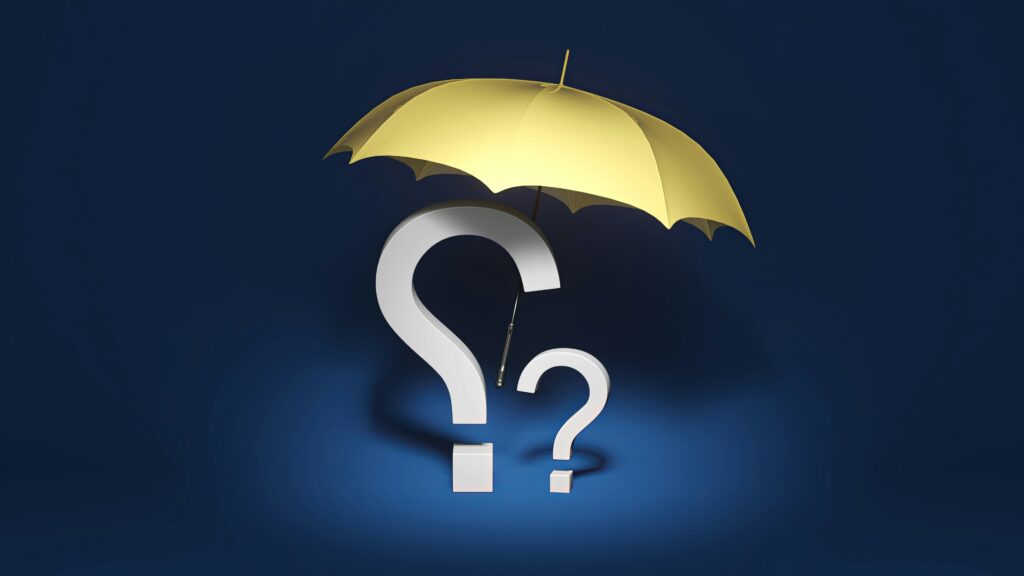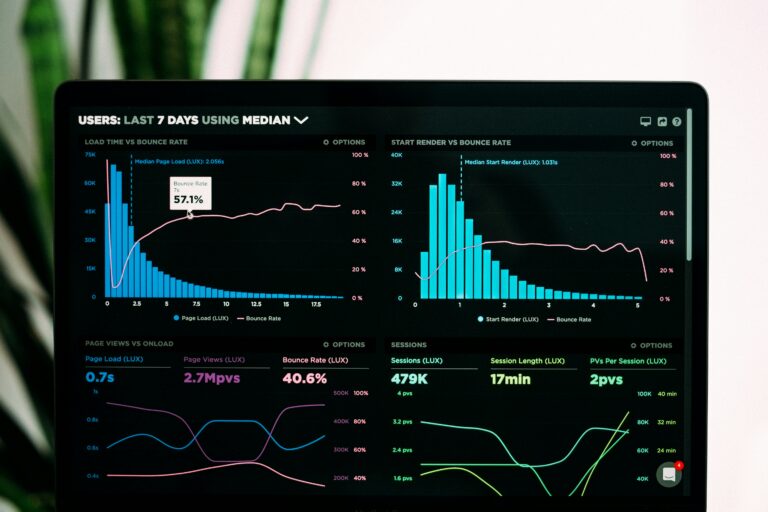
Financial literacy is a must for everyone. You can’t go through life hoping to make it financially when you have no idea how money works. Or at least how you can better manage your money.
You don’t have to study for a Master’s in Finance or Accounting to be financially literate. With the internet and many books available these days, you can teach yourself some basic financial literacy so you can become savvier.
But also, blogs like our Dollars to Cedis aim to help readers become more financially literate, and this article is a clear example of that.
Read on to know about these crucial elements of financial literacy that you need to know today.
- Risk management
Life is full of risk, and you can only do so much to avoid most of these risks. But you can ensure that when those risks come, they don’t hit you too hard as to change your life as you know it.
Way too many people have been unaware of this fact, and they’ve fallen victim too many times.
Some of the everyday risks are sickness, job losses, the loss of a loved one, accidents, natural disasters, and emergencies. One of the best ways to manage these risks is to get an insurance policy.
Some people have never truly recovered from some of these blows.
For example, if you have a health insurance policy, it could take care of some of your medical bills if you fell ill for a long time.
Of course, how much benefit you get will depend on the level of your insurance cover, and you need to read the fine print to get the details right.
Also, the right vehicle insurance cover could help you fix – or replace your car – if you got involved in an accident.
Sometimes, that could be the difference between having to cough up tens, if not hundreds, of cedis in repairs and getting the insurance company to handle the rest.
Another way to manage risk is to set up emergency funds. While insurance is awesome, you can also build your own emergency fund on the side.
As the name suggests, it is a fund to help you during emergencies.
Many people rely on the rule of thumb of having between six months and twelve months’ worth of expenses in liquid cash, preferably in a high-yield savings account.
If, for example, you lost your job today, can your emergency fund sustain you until you land a new one?
If a medical emergency arose, can your emergency fund help you navigate it without having to borrow money or fall on friends and family for aid?
If you need money urgently for a pressing repair work, where will it come from?
These are crucial questions that should drive you to start an emergency fund today.
You never know what will happen tomorrow, but you can safely manage the effects of life’s uncertainties with the right risk management strategies.
It will save you the stress of footing those bills out of pocket.

2. Proper cash and debt management
Another key tenet of basic financial literacy is knowing how to manage cash and debt.
Proper cash and debt management should help you answer questions like:
Where does your money come from?
How do you spend your money?
How much cash should you have on you?
How much of your cash should you sink into the next project on the horizon?
How much money should you borrow?
Many Ghanaians haven’t thought deeply about these everyday questions, let alone taken steps to answer them correctly. But with finances, you can’t leave anything to chance. You can’t manage what you don’t measure, and you can hardly make the best decision without analyzing options in detail.
That’s why many experts recommend getting a budget to help you track your spending. That’s the basic of basic financial decisions you can make. Tracking your expenses isn’t to make you stingy. It could even help you become more generous.
For example, if you track your expenses, you can easily spot how much you gave to charity, and if you’re not satisfied, you can increase that immediately. It will also let you know how much you spend on wasteful expenditure and where to channel your money to meet your goals, say travel.
You also want to understand how the cost of borrowing affects your income.
The interest rates borrowers charge and the payment duration will inform your decision to borrow (and how much), especially if it’s not for an emergency or income-generating venture. Many experts believe borrowing to fund a lavish wedding isn’t a prudent financial decision, but borrowing to buy a car for your ride-hailing business could prove prudent in the long run.
We might be looking at the same amount and the same interest rate, but one purpose is better than the other when it comes to borrowing. These little decisions may seem insignificant, but without sound financial literacy, many people will overlook these principles and quickly make a mess of their finances.

3. Building sustainable wealth
At the heart of all financial decisions should be building sustainable wealth that leads to financial independence and, ultimately, financial freedom.
Many everyday Ghanaians would stand a higher chance of building sustainable wealth from the ground up. That’s more realistic than your chances of becoming an outlier who gets that ultra-high-paying job only 1% of the working population can realistically land.
You can build wealth in Ghana by sound investing and increasing your sources of income. By now, you’ve realized that one paycheck alone may not be enough to make you rich.
You should start learning about the different types of investments, their risk and return profiles, and start matching them to your preferences. Beyond traditional investments, you can also look at ways of making more money.
It could mean starting a business on your own or partnering with others to launch one. That also means you start learning about how to run a business and what it takes to make one profitable for years.
Of course, look beyond the traditional suit-and-tie setting to other industries such as crop farming, animal rearing, or food vending.
Researching these points will open your eyes and mind to what is possible, as well as the many opportunities available to you if you want to make wealth.
You also want to pay attention to government interventions and legal challenges around these options.
There’s not a straight path for everyone, and what worked for your friend may not serve you as well. But it’s worth investigating these various options to find something that works best for you.
Financial literacy is an ongoing process, and you don’t become financially savvy by reading a simple blog post. But it’s a good starting point. These are some key issues you need to understand and take action on.
It’s not easy, and there are no guarantees of success, but it’s better than going with the flow and ending up financially worse off later in life. That’s too big a risk.
Image credits:
Cover image: Desola Lanre-Ologun on Unsplash, Others by Mehdi Mirzaie on Unsplash, Sarah Agnew on Unsplash



Leave a Comment